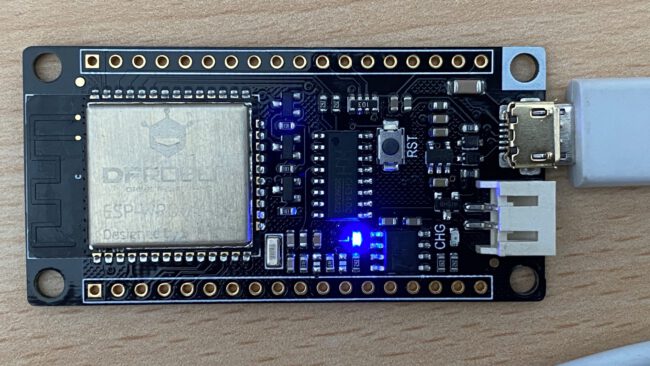Bullet Journal
Nothing changed my life so drastically in the last couple of years like the Bullet Journal Method. Fumbling with to-do lists, habit tracking apps, a Kanban board in the kitchen, a google docs spreadsheet for goals and a mood journal I grew tired of not having one single source of truth regarding my life planning.…







